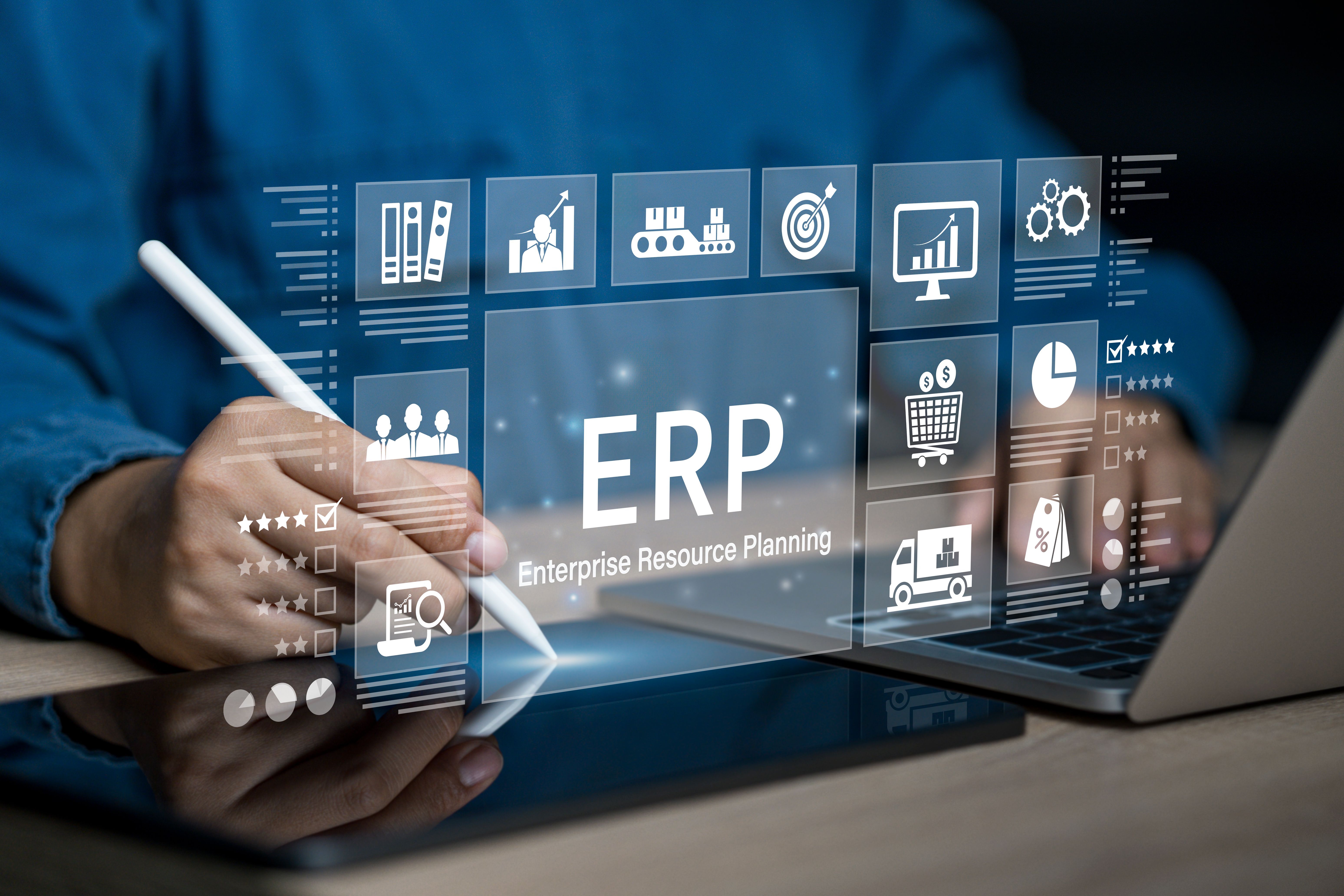Exploring the Advantages of ERP Payment Processing Software
Understanding ERP Payment Processing Software
In today's fast-paced business environment, integrating operations and financial processes is crucial for success. This is where ERP payment processing software comes into play. It streamlines the financial transactions within an organization, ensuring efficiency and accuracy. By automating payment processes, businesses can focus more on strategic growth rather than manual financial tasks.
ERP systems serve as the backbone of a company’s financial and operational infrastructure, offering a centralized platform for managing various business functions. Incorporating payment processing into this system enhances the overall workflow and reduces the risk of errors.

Streamlined Operations
One of the most significant advantages of ERP payment processing software is the ability to streamline operations. By centralizing payment data, businesses can eliminate redundant processes and improve the accuracy of financial records. This integration allows for real-time tracking of transactions, providing immediate insights into cash flow and financial health.
This streamlined approach not only saves time but also reduces the operational costs associated with manual payment processing. Businesses can reallocate resources to more critical areas, driving overall growth and efficiency.
Automated Workflows
ERP payment processing software automates various tasks, such as invoice generation, payment tracking, and reconciliation. This automation minimizes human error and ensures that all financial processes are completed accurately and on time. With automated workflows, businesses can maintain a consistent cash flow, which is essential for sustaining operations and planning for future investments.
Enhanced Data Security
Data security is a top concern for any business handling financial transactions. ERP payment processing software offers advanced security features to protect sensitive financial data. These systems include encryption, access controls, and audit trails to ensure that only authorized personnel can access and modify financial information.
By safeguarding data, businesses can build trust with their clients and partners, fostering long-term relationships. Moreover, compliance with industry standards and regulations is made easier, reducing the risk of legal issues.
Comprehensive Reporting and Analytics
Another advantage of ERP payment processing software is its robust reporting and analytics capabilities. Businesses can generate detailed reports on various financial metrics, enabling better decision-making. These insights help management identify trends, forecast future financial scenarios, and strategize accordingly.

Improved Customer Experience
ERP payment processing systems enhance the customer experience by providing faster and more reliable payment options. Customers appreciate the convenience of timely and accurate transactions, which improves satisfaction and loyalty. Additionally, having a seamless payment process can set a business apart from competitors, attracting more customers.
In conclusion, implementing ERP payment processing software is a strategic move for businesses looking to optimize their financial operations. By offering streamlined processes, enhanced security, and valuable insights, these systems play a crucial role in driving business success.
